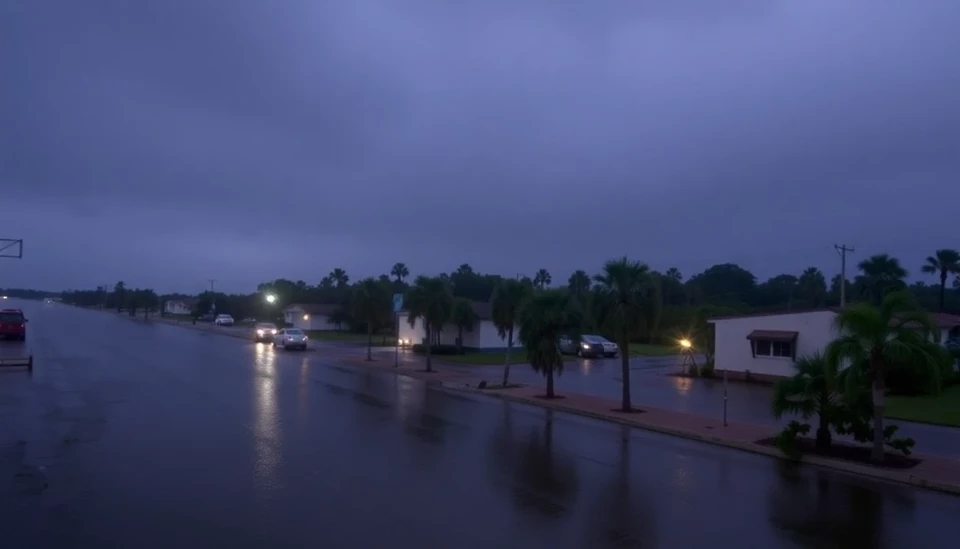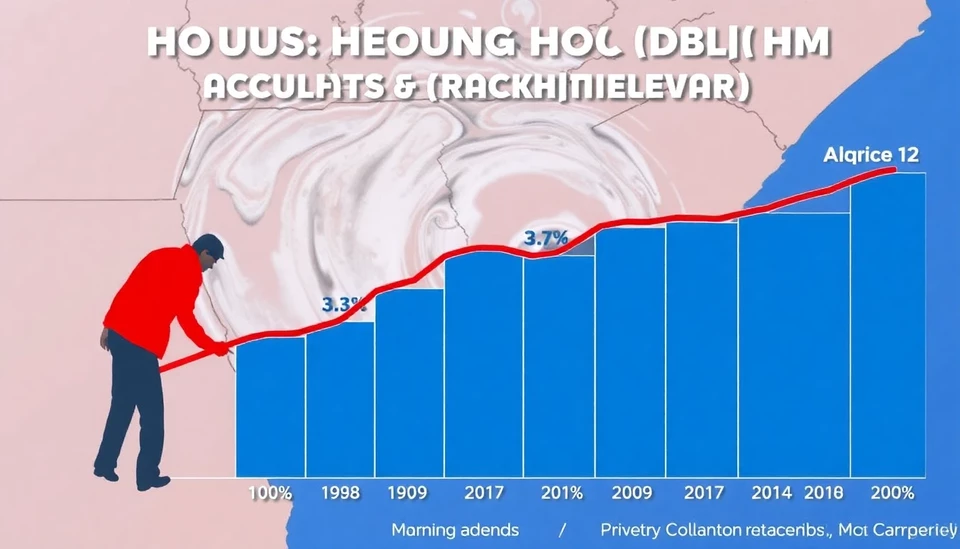
In October 2024, America grapples with the aftermath of two potent hurricanes, Milton and Helene, which have wreaked havoc across the eastern coastline, spotlighting the inadequacies of existing flood maps designed to protect communities. As residents face the fallout from unprecedented flooding, experts emphasize that many areas that were previously considered safe are now highly vulnerable due to changing climate conditions and outdated cartography.
Hurricane Milton made landfall in early October, bringing with it torrential rain and storm surges that exceeded initial projections. Within just a matter of hours, what many believed was a manageable storm escalated into a significant crisis, inundating neighborhoods that were once deemed outside flood risk zones. The rapid intensification of this storm underscored a grim reality: existing flood maps, typically developed decades earlier, often do not reflect the contemporary risks posed by climate change-induced weather events.
Shortly after Milton, Hurricane Helene followed with a one-two punch, further complicating recovery efforts across the southeastern states. Residents found themselves navigating through streets transformed into rivers, their homes, and businesses submerged. The storms have devastated communities unequipped to handle such severe weather, raising concerns about property safety, infrastructure resilience, and the urgent need for updated floodplain mapping.
Experts express alarm not only at the immediate impact of these storms but also at the implications for future preparedness. Flood maps, governed by outdated data and methodologies, often fail to account for extreme weather patterns intensified by climate change, leaving significant gaps in understanding. As winds and waters rise, so too do the stakes for communities previously viewed as immune to such natural disasters.
Furthermore, the dual hurricanes have reignited discussions around the need to revise FEMA's flood maps. As federal agencies scramble to assess the damage and respond to the needs of affected populations, there is a growing consensus among scientists and policy advocates that a comprehensive reevaluation of risk assessments is essential. Modern advances in meteorology and data modeling could provide invaluable insights that capture real-time shifts in climatological threats, but there is a substantial lag in translating this knowledge into actionable policy.
In the wake of Milton and Helene, state and local officials are urging quicker action to integrate up-to-date data into flood risk management strategies. Many are calling for increased funding to support enhanced mapping technologies and federal assistance for communities most at risk. Nevertheless, challenges persist, as bureaucratic inertia often hinders rapid implementation of safer land-use policies and updated construction regulations.
As America stands resilient in the face of these challenges, the urgency for reformed flood management systems becomes increasingly apparent. The emotional toll on families forced to evacuate from their homes, and the long-term economic implications of such storms, underscore the need for proactive rather than reactive strategies. Without significant changes, future storms may bring even greater devastation where least expected.
The tragedies brought forth by Hurricanes Milton and Helene serve as sobering reminders of our evolving climate landscape. They not only test the limits of existing preparedness but also challenge leaders and citizens alike to confront the harsh realities of living in a world where weather events are becoming more extreme, more unpredictable, and devastatingly impactful.
Given the lessons learned from these disasters, a collective call for upgraded flood maps and stronger community resilience plans is imperative. The future may hold unpredictability, but with the right foresight, communities can withstand the tides of change.
#hurricanes #floodmaps #climatechange #resilience #preparedness #Milton #Helene #US #storms #disasters #community #safety #recovery #efforts #economicimpact
Author: Megan Clarke




